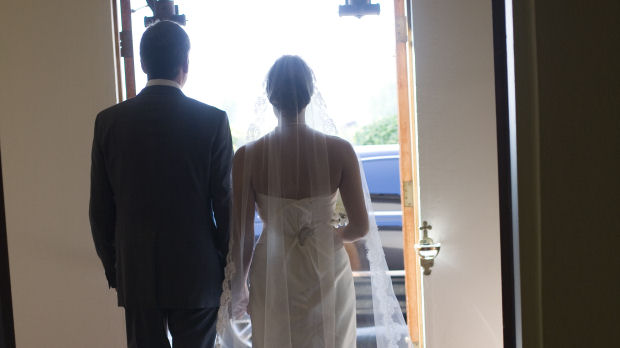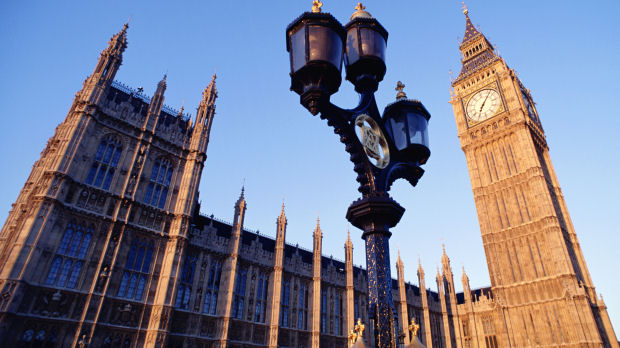Childcare costs shooting up twice as fast as wages
The costs of childcare, a necessity for many parents, are rising fast. But why is nobody talking about it? Gaby Hinsliff writes for Channel 4 News.

There is a household bill paid by many British families which is already shooting up twice as fast as wages. It’s a necessity, not a luxury. And the Coalition will shortly hike the cost of it for some low-to-middling earners by up to £108 a month.
And no, it’s not petrol, food, or VAT. The coming squeeze on the politically volatile “squeezed middle” is one you more rarely hear about: the cost of childcare.
Yesterday’s annual report from charity the Daycare Trust showed the cost of a nursery place has risen 4.8 per cent in a year, stretching even wealthier parents. And in a double whammy, the Working Tax Credit which helps low-to-middle earners subsidise childcare will be restricted from April.
By Easter, will childcare be the new petrol?
Half a million families will lose on average £36 a month under cutbacks meaning parents can only claim up to 70 per cent, not 80 per cent, of nursery and childminder costs, according to think tank the Resolution Foundation. But the worst hit could lose three times that. Compare that to the £5 rise in the cost of filling a family saloon car this January, which pushed angry motorists onto the front pages and prompted Government backpedalling on fuel duty. Why is the childcare squeeze comparatively little discussed?
Petrol prices are politically salient because they’ve risen steeply, fluctuate wildly, and we notice them every time we fill up. They increase business costs, and are a powerful symbol of rising living costs for individuals.
‘Mumsy, fluffy issue’
Nursery charges meanwhile are invisible unless you have small children, confusing even if you do thanks to the complexity of tax credits, and regarded as a mumsy, fluffy issue by much of the media. Yet childcare has economic consequences: every parent quitting work because they can’t afford it equals taxes lost, potentially more benefits claimed, skills wasted.
The Government insists its changes won’t affect employment rates. However the childcare lobby isn’t so sure: rising costs plus shrinking subsidy suggests some parents who are barely breaking even now will face tough choices, particularly the very part-time (from April, parents must also work 24 hours a week to get Working Tax Credit: the current limit is 18 hours). A survey last September found one in three parents has already considered stopping work because of childcare costs. By Easter, will childcare be the new petrol?
Gaby Hinsliff is a former Political Editor for The Observer newspaper.
More from Gaby Hinsliff
-

Can marriage row prevent political divorce?
17 January 2011
-

The politics of nudge and shove
28 October 2010
-

Parents braced for criticism with SureStart evaluation
18 November 2010


